At Propel24, Susan Thomas and Gary Becker led an insightful session exploring the intersection of AI and human expertise in resource management. This session was particularly aimed at improving how organizations staff, plan, and retain talent by leveraging AI while maintaining the essential human touch. Let's delve into the key points and takeaways from their presentation.
The importance of clean data
Clean data is critical for any process, but even more so in an AI environment. Dirty data can lead to suboptimal solutions and undermine the credibility of AI outputs. Therefore, organizations must ensure data cleanliness before implementing AI solutions. Ensuring data integrity involves regular audits, validation processes, and robust data governance frameworks. This meticulous attention to data quality not only bolsters the performance of AI but also reinforces trust among stakeholders who rely on these insights for decision-making.
Key areas where AI enhances resource management
Efficiency gains
AI significantly enhances efficiency in resource management. Gary shared how AI reduced the time needed to fill resource requests, significantly increasing efficiency. For instance, resource requests that took 20 minutes to process manually can be handled in 30 seconds with AI. He also noted that AI allows for sophisticated modeling, enabling organizations to optimize resource allocation across entire project portfolios. AI's ability to automate routine processes means that resource managers can reallocate their time towards more complex problem-solving and strategic planning, which are critical for the organization's growth. This shift towards more value-added activities enhances the overall efficiency and effectiveness of resource management.
Demand forecasting
AI improves demand forecasting by analyzing massive amounts of data to predict project roll-offs, extensions, and the timing of deals. This helps organizations better prepare for future resource needs. Advanced algorithms can detect patterns that are invisible to the human eye, providing foresight into potential project changes and resource requirements. By integrating external data sources, such as market trends and economic indicators, AI can refine these forecasts further, offering a comprehensive view of future demands.
Strategic resource optimization
AI assists in real-time resource optimization, matching resources to tasks based on skills and availability. However, humans make strategic decisions considering project priorities and client relationships, ensuring a holistic approach to resource allocation. This synergy between AI and human expertise ensures that resource allocation is not only efficient but also strategically aligned with the organization's goals. AI's real-time data processing capabilities allow resource managers to make informed decisions quickly, adapting to changing project demands and priorities with agility.
Employee engagement and retention
AI can enhance employee engagement by considering consultants' preferences and career aspirations in project assignments. This personalized approach helps retain valuable talent by ensuring job satisfaction and professional growth opportunities. By capturing and analyzing data on employee preferences and performance, AI can suggest project assignments that align with individual career paths and aspirations. This fosters a sense of ownership and motivation among employees, leading to higher retention rates and a more engaged workforce.
Cost and capacity planning
AI aids in cost optimization by analyzing project and resource costs to identify savings opportunities. In capacity planning, AI can predict resource availability and skill gaps, helping organizations plan effectively for future projects. By integrating financial data and project metrics, AI can provide detailed cost-benefit analyses that help managers make informed decisions about resource allocation. This ensures that projects are delivered within budget while maximizing the utilization of available resources.
The role of human expertise in resource management
Despite the advanced capabilities of AI, the role of human resource managers remains vital. Susan emphasized that human resource managers add significant value by understanding team dynamics, cultural norms, and handling sensitive information—areas where AI falls short. Humans bring essential insights into interpersonal skills and qualitative aspects that AI cannot fully grasp. Resource managers use their intuition and experience to make nuanced decisions, considering the holistic needs of both the team and the organization.
Resource managers excel at balancing the quantitative insights provided by AI with the qualitative factors crucial for successful project outcomes. They play a critical role in aligning resources with employees' career aspirations and managing complex decisions that go beyond numerical data. By leveraging their interpersonal skills, resource managers build strong relationships with team members, understanding their strengths, weaknesses, and preferences. This human touch is essential for creating cohesive teams that perform at their best.¶
The just-in-time resource management methodology
Susan and Gary highlighted the Just-in-Time Resource Management methodology, which aims to align the right people with the right skills at the right place and time. This framework helps organizations efficiently use human capital, enhancing customer experience and competitive advantage. It emphasizes flexibility and responsiveness, enabling organizations to adapt quickly to changing project requirements and client needs.
Lessons learned from AI implementation
Gary shared three key lessons learned from implementing AI:
- Prepare and involve resource management staff: Ensuring they understand that AI is a tool to assist, not replace their roles can prevent undesired attrition. Involving staff in the implementation process helps them see the benefits of AI and reduces resistance to change.
- Engage stakeholders: Involving them in the AI implementation process helps gain their support and ensures smoother adoption. Regular communication and collaboration with stakeholders ensure that their needs and concerns are addressed, leading to a more successful implementation.
- Educate finance teams: Finance teams need to understand the broader context of AI's impact beyond just cost savings to avoid misinterpretations that could lead to unnecessary staff cuts. Providing detailed explanations of how AI can drive efficiency and enhance resource management helps finance teams see the long-term benefits of AI investment.
Future outlook
Susan and Gary concluded that AI will not replace human resource managers but will empower them to work more efficiently. By handling routine tasks, AI frees up human managers to focus on strategic, value-added activities. This collaborative approach ensures that organizations can leverage the strengths of both AI and human expertise for optimal results.
While AI brings efficiency, predictive power, and data-driven insights, human managers provide the nuanced understanding and strategic decision-making necessary for effective resource allocation. Integrating AI with human skills enhances resource management practices, leading to better project outcomes and higher employee satisfaction.
For more insights on resource management and the Just-in-Time methodology, Susan and Gary recommended visiting the Resource Management Institute, a valuable resource for professionals in the field.
To watch the full recording of their session at Propel24, visit Rocketlane TV.
Learn how Rocketlane helps services and onboarding teams to deliver projects on time and on budget. Book a demo with us today!
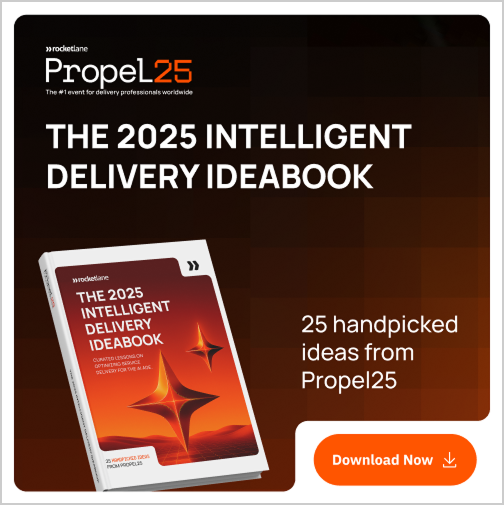

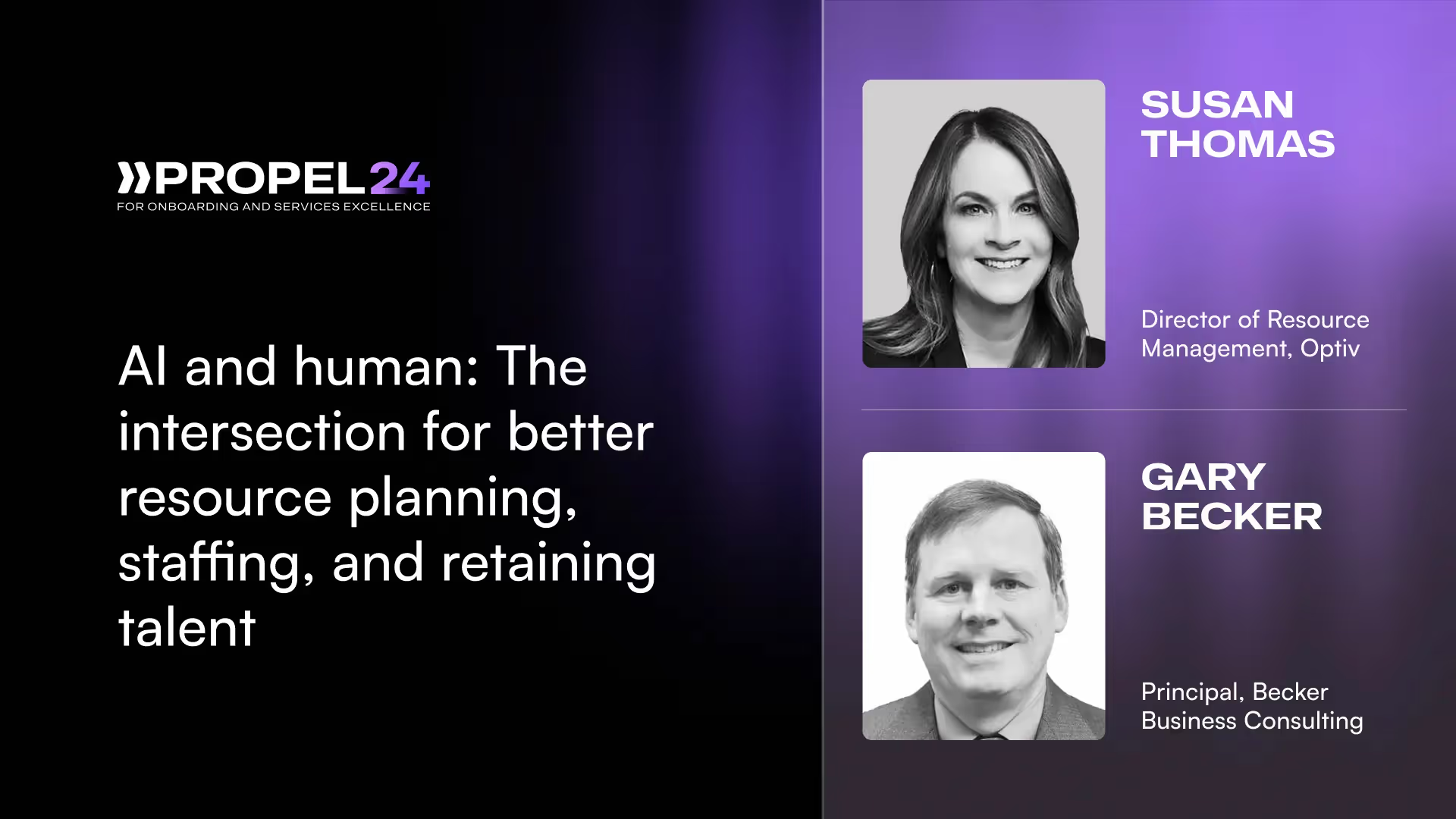





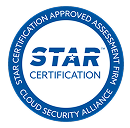












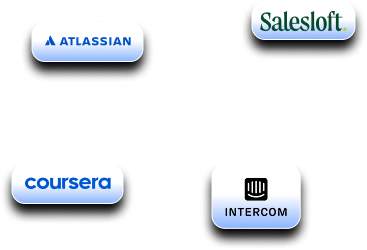


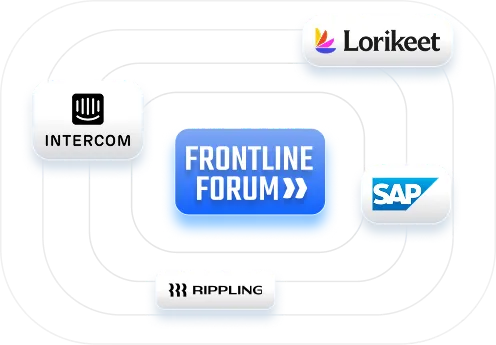
.webp)